News about the signing ceremony of the United Nations Convention against Cybercrime - a historic agreement, expected to be signed by representatives from dozens of countries in Hanoi on October 25-26 (Hanoi Convention), has attracted the attention of a series of websites and news agencies such as Reuters (UK), Asia Financial (Hong Kong), Straits Times (Singapore), Daily Times (Pakistan), The Japan Times (Japan), Daily Times of Bangladesh, Modern Diplomacy (Europe).
News sites say the convention marks the first global framework to comprehensively address cybercrime, amid growing digital threats and pressure on cybersecurity systems.
The convention aims to tackle a wide range of crimes – from online fraud and ransomware to human trafficking and online hate speech – in a bid to curb behaviour that costs the global economy trillions of dollars each year.
The convention will come into force if at least 40 UN members ratify it and then potentially become the cornerstone of global cyber governance.
On unodc.org, the United Nations Office on Drugs and Cybercrime (UNODC, the agency leading the negotiations on the Hanoi Convention) said the convention includes provisions to protect human rights and allows countries to refuse requests for cooperation that are contrary to international law, while encouraging countries to allow legitimate research activities.
Signing the Convention will help improve the following:
First, collecting and sharing electronic evidence: One of the main objectives of the Hanoi Convention is to ensure that all countries that ratify the convention define electronic evidence in a uniform way and apply the same standards when collecting this type of evidence. This means that when one country shares electronic evidence with another country to prosecute cybercrime, that evidence can be legally accepted in the courts of the receiving country.
Second, international cooperation: By signing and ratifying the convention, countries acknowledge that cybercrime is an existential threat to global security and is fueling the scale, speed and reach of terrorism and transnational organized crime. Unified international rules and regulations, coupled with the sharing of expertise, resources and strong political will under the convention, will help streamline the prevention and prosecution of cybercrime, enhance international response capabilities, and build a safer digital future.
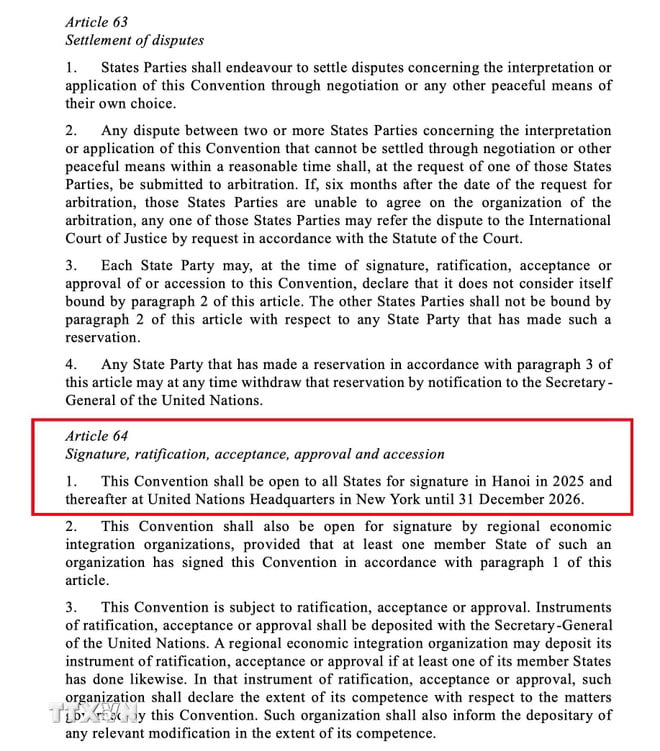
Article 64 of the Convention stipulates that the document will be opened for signature in Hanoi in 2025. (Photo: VNA)
The signing ceremony of the Hanoi Convention was attended by United Nations Secretary-General António Guterres. Many countries confirmed that they would send representatives to attend and sign the convention.
According to the World Bank (WB) Blog, if effectively implemented, the United Nations Convention against Cybercrime can contribute to realizing the promise of the digital age, helping people take advantage of online opportunities without worrying about fraud, abuse or online threats.
Without common definitions and tools (such as mutual legal assistance), efforts to combat cybercrime will be ineffective, undermining online safety. The Hanoi Convention builds on more than two decades of international initiatives to enhance judicial and law enforcement cooperation in this area.
The Budapest Convention on Cybercrime, adopted in 2001, was the first binding international framework in this area. More than 80 countries are currently party to the Budapest Convention, of which about half are outside Europe. The signing of the Hanoi Convention will certainly be an important milestone./.
(TTXVN/Vietnam+)
Source: https://www.vietnamplus.vn/cong-uoc-ha-noi-khuon-kho-toan-cau-toan-dien-chong-toi-pham-mang-post1072376.vnp




![[Photo] President Luong Cuong and United Nations Secretary-General Antonio Guterres chaired the signing ceremony of the Hanoi Convention.](https://vphoto.vietnam.vn/thumb/1200x675/vietnam/resource/IMAGE/2025/10/25/1761370409249_ndo_br_1-1794-jpg.webp)

![[Photo] President Luong Cuong receives heads of delegations attending the signing ceremony of the Hanoi Convention](https://vphoto.vietnam.vn/thumb/1200x675/vietnam/resource/IMAGE/2025/10/25/1761377309951_ndo_br_1-7006-jpg.webp)
![[Photo] General Secretary To Lam receives United Nations Secretary-General Antonio Guterres](https://vphoto.vietnam.vn/thumb/1200x675/vietnam/resource/IMAGE/2025/10/25/1761376410088_a1-bnd-4607-5891-jpg.webp)


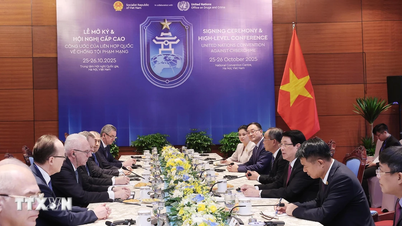
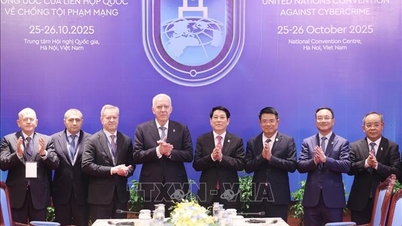
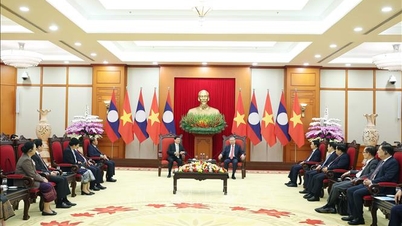
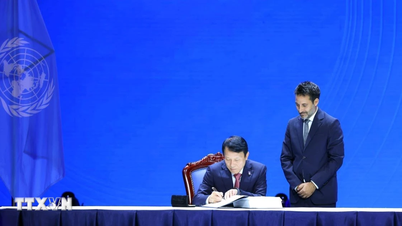
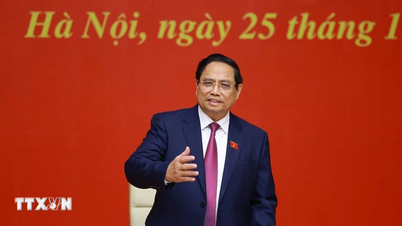
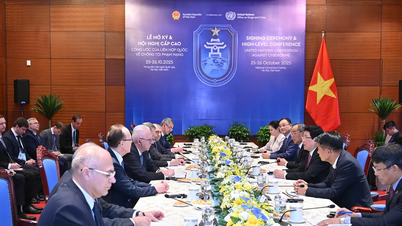

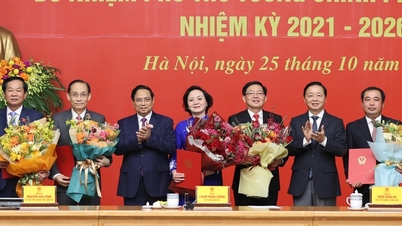

![[Infographic] Minister of Agriculture and Environment Tran Duc Thang](https://vphoto.vietnam.vn/thumb/402x226/vietnam/resource/IMAGE/2025/10/25/1761373112725_z71536241829035db2895d0d34bc0e8e2288f77d3f6f90-17613676410701301758447-10105531258862575643630-80276962849486867668357.jpeg)

![[Infographic] Minister of Foreign Affairs Le Hoai Trung](https://vphoto.vietnam.vn/thumb/402x226/vietnam/resource/IMAGE/2025/10/25/1761372818125_bo-20truong-20ngoai-20giao-20le-20hoai-20trung-84620745923918869843664-77297304076407381827776.jpeg)




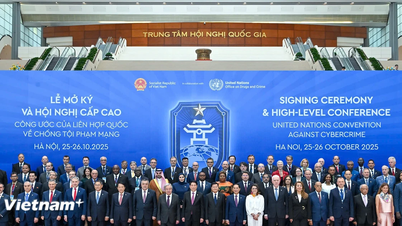
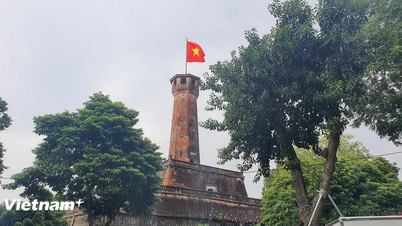
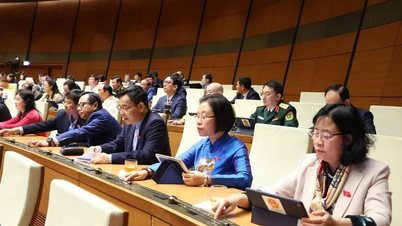


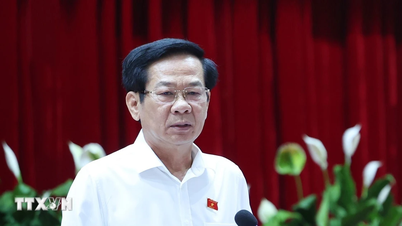







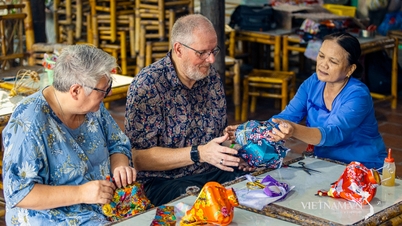




























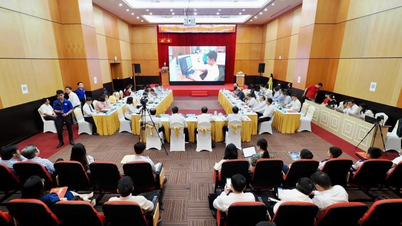
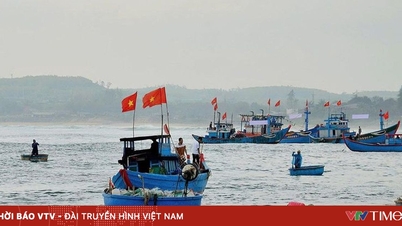



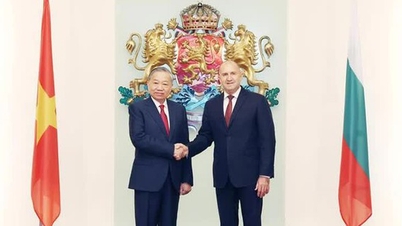

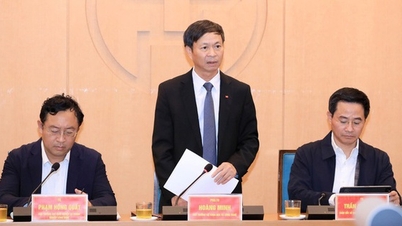
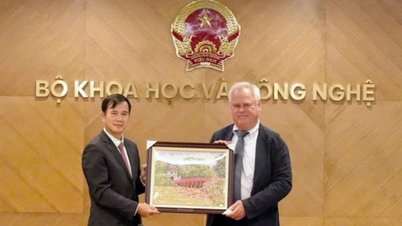
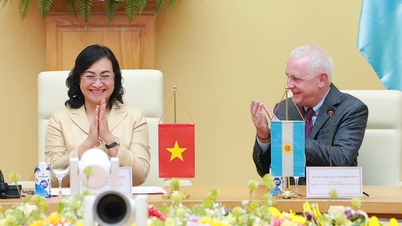



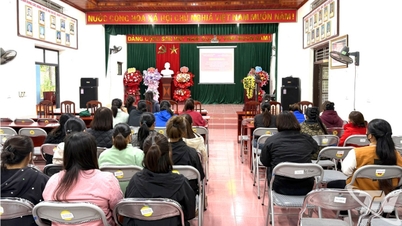




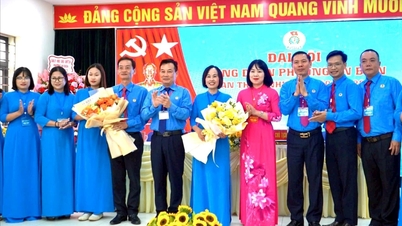


















Comment (0)